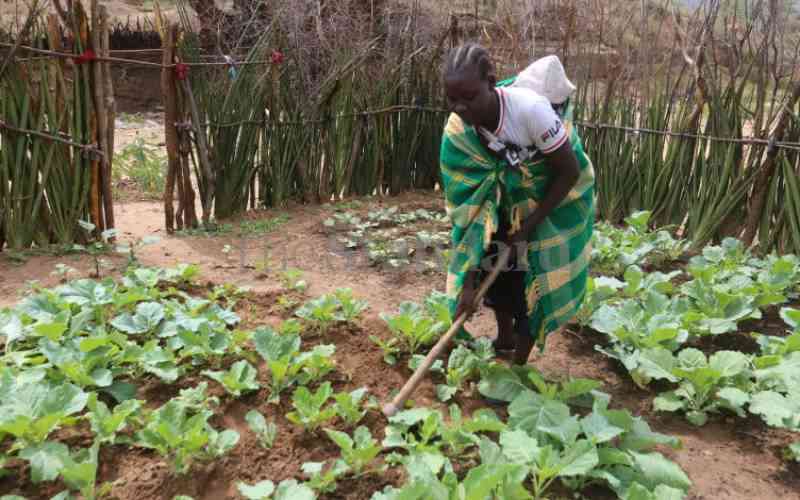×
The Standard e-Paper
Home To Bold Columnists

The intensity of climate change-induced disasters continues to increase in Africa while thousands traverse the unprecedented shocks caused by the impacts of climate change.
One of the sectors hit the most is agriculture. It is also the most reliable and highest in generating revenue. According to recent figures, agriculture is expected to raise US$280 billion this year while the prediction estimates it to reach US$1 trillion by 2030.